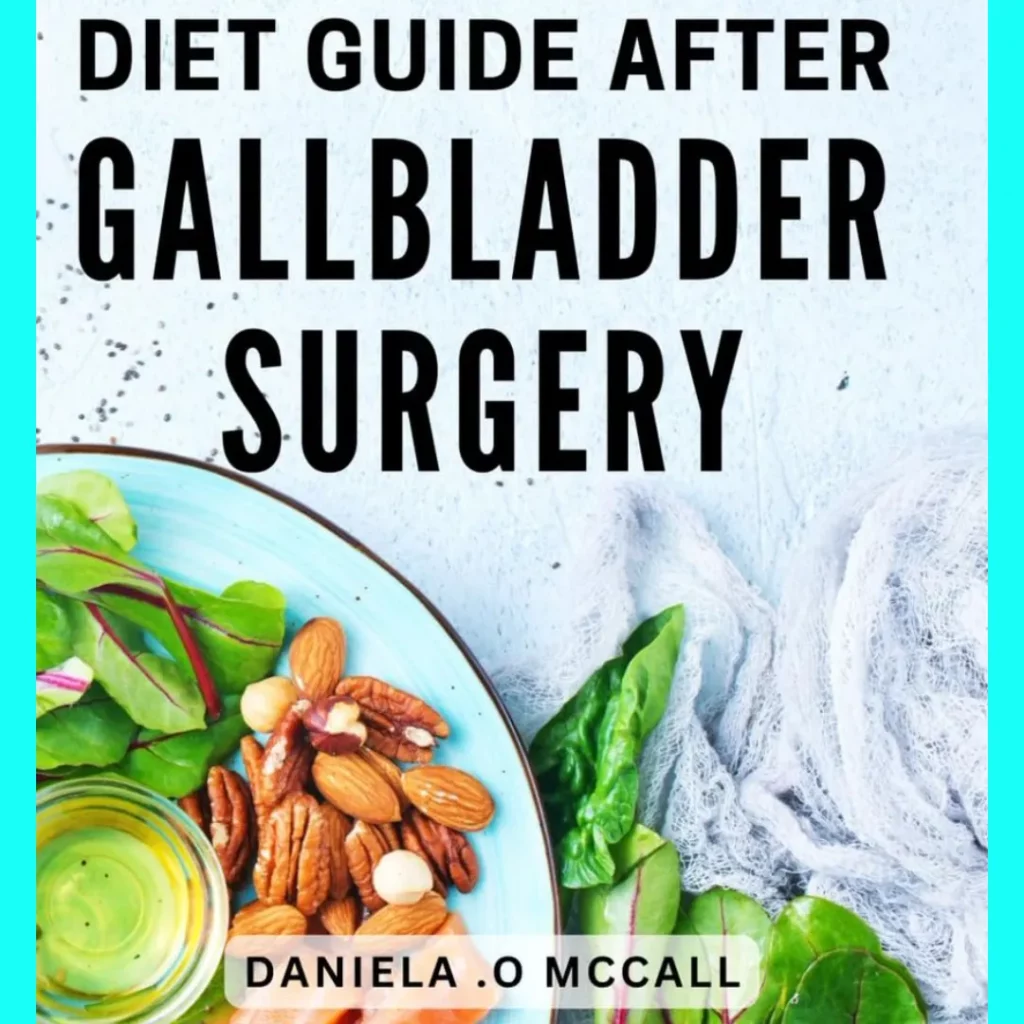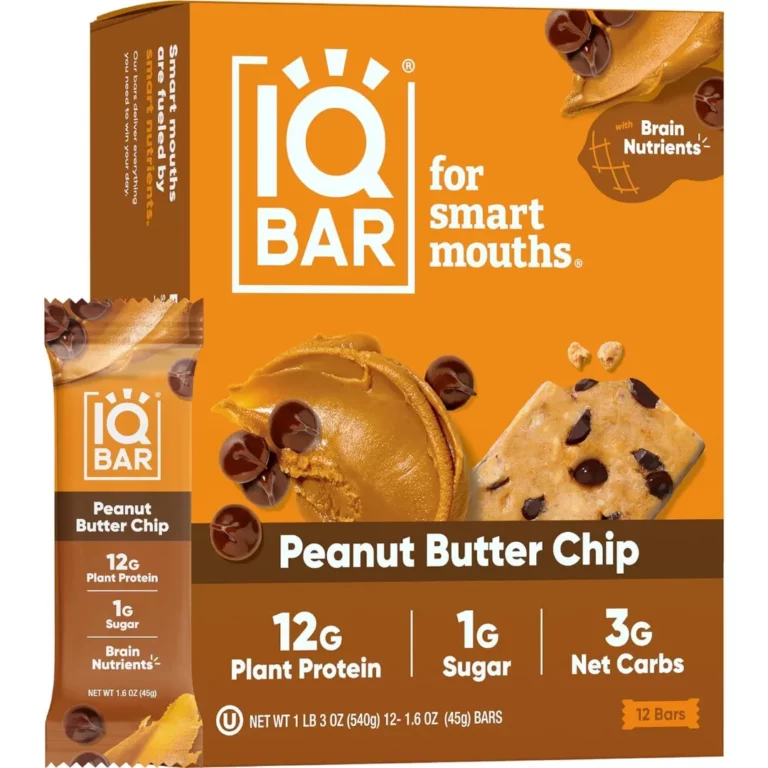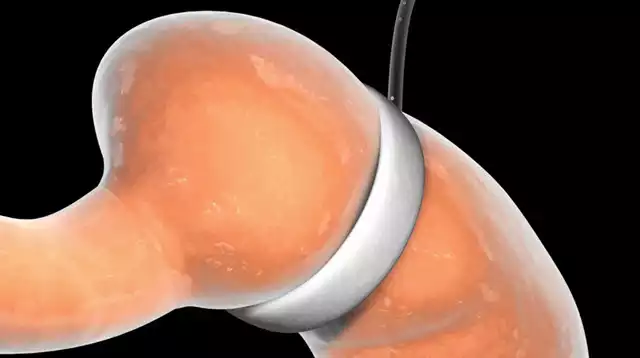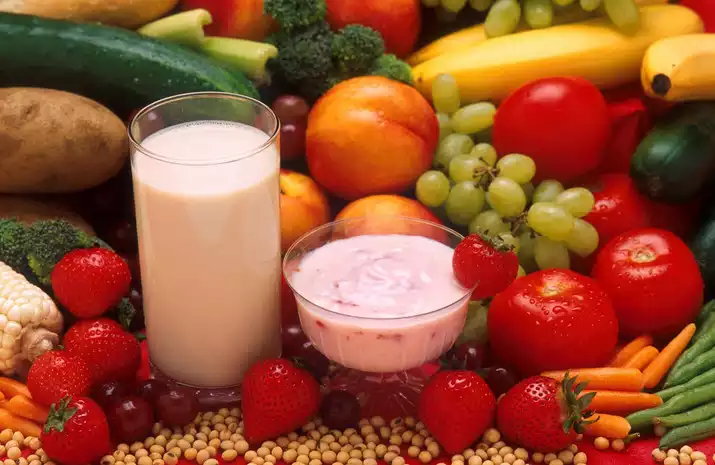If you have recently undergone gallbladder removal surgery, you may be experiencing changes in your body that are both confusing and frustrating.
One of the most common concerns post-surgery is weight gain or difficulty losing weight.
This phenomenon has led many individuals to believe that the removal of their gallbladder has permanently altered their metabolism.
However, the truth is that there is a complex biological process at play that contributes to weight changes after gallbladder removal.
In this article, you will gain a deeper understanding of the biology behind shedding pounds post-gallbladder removal and learn about the factors that can affect weight management in the absence of this vital organ.
Whether you have recently had your gallbladder removed or are considering surgery, this article will provide you with valuable insights into how your body adapts to this change and what steps you can take to maintain a healthy weight.
So, read on to discover the biology of shedding pounds post-gallbladder removal and take control of your weight management journey.
Table of Contents The Biology of Shedding Pounds Post-Gallbladder Removal
Understand how fat absorption changes
When it comes to shedding pounds after gallbladder surgery, it is crucial to understand how fat absorption changes in your body.
Without a gallbladder, the process of breaking down and absorbing fat is significantly altered.
The gallbladder plays a key role in the digestion of dietary fats by releasing bile, a substance that helps emulsify fats and facilitate their absorption.
Without this organ, the body may struggle to efficiently digest and absorb fats, leading to potential complications such as diarrhea and malabsorption.
Therefore, it is important to make dietary adjustments that accommodate this change in fat absorption.
By being mindful of your fat intake and opting for healthier fats, such as those found in avocados, nuts, and oily fish, you can support your body’s ability to process fats effectively and promote weight loss in a sustainable manner.
Adjust your diet accordingly
To successfully shed pounds after gallbladder surgery, it is essential to adjust your diet accordingly.
Understanding the science behind fat absorption and caloric intake can help you make informed choices that support your weight loss goals.
Without a gallbladder, your body may struggle to digest and absorb fats efficiently.
Therefore, it is advisable to choose foods that are easier to digest and lower in unhealthy fats.
Incorporating more fiber-rich fruits and vegetables, lean proteins, and whole grains can help you feel satisfied while promoting healthy weight loss.
Additionally, portion control plays a significant role in managing caloric intake.
By practicing mindful eating and listening to your body’s hunger and fullness cues, you can maintain a balanced diet and achieve successful weight loss.
Remember to consult with your healthcare provider or a registered dietitian for personalized guidance on adjusting your diet post-gallbladder surgery.
Focus on high-fiber, low-fat meals
To support your weight loss journey after gallbladder surgery, it is crucial to focus on consuming high-fiber, low-fat meals.
Including ample amounts of fiber in your diet can aid in regulating digestion and promoting feelings of fullness, preventing overeating.
Opt for fiber-rich foods such as whole grains, legumes, fruits, and vegetables.
These not only provide essential nutrients but also help maintain a healthy weight by reducing calorie intake.
Additionally, choosing low-fat options for protein sources, such as lean meats, poultry, fish, and plant-based alternatives, can help limit excess fat consumption.
Incorporating these high-fiber, low-fat meals into your daily routine can contribute to effective weight loss while supporting the overall health and well-being of your post-gallbladder surgery body.
Keep track of caloric intake
To effectively manage your weight after gallbladder surgery, it is essential to keep track of your caloric intake.
Understanding the science behind shedding pounds post-surgery involves recognizing that without a gallbladder, the body may have difficulty properly digesting and absorbing fats.
This can result in an increased risk of weight gain if calorie intake is not carefully monitored.
By diligently tracking the number of calories you consume each day, you can ensure that your body is receiving the appropriate amount of energy without exceeding what is necessary for weight maintenance or loss.
Using a food diary or mobile app to record your meals and snacks allows you to make informed choices, adjust portion sizes, and identify areas where you may be consuming excess calories.
By keeping track of your caloric intake and making mindful choices, you can optimize your weight loss efforts and maintain a healthy post-gallbladder surgery body.
Incorporate healthy fats sparingly
Incorporating healthy fats into your diet sparingly is crucial for maintaining a healthy weight after gallbladder surgery.
While fat absorption may be compromised without a gallbladder, it is still important to include some healthy fats in your meals.
Choose sources such as avocados, nuts, seeds, and olive oil, as they provide essential nutrients and support overall well-being.
However, it is crucial to consume these fats in moderation.
Remember that fats are calorie-dense, so excessive intake can lead to weight gain.
Focus on portion control and mindful eating to ensure you strike a balance between nourishing your body and managing your caloric intake.
By incorporating healthy fats sparingly, you can optimize your nutrition post-surgery and support the biology of shedding pounds effectively.
Avoid processed and fatty foods
To support the biology of shedding pounds after gallbladder removal, it is essential to avoid processed and fatty foods.
These types of foods are typically high in unhealthy fats, added sugars, and empty calories, which can hinder your weight loss progress.
Processed foods, such as fast food, packaged snacks, and sugary drinks, often lack important nutrients and can contribute to weight gain.
Similarly, fatty foods like fried foods, full-fat dairy products, and fatty cuts of meat can be difficult to digest without a gallbladder and may lead to discomfort or digestive issues.
Instead, focus on consuming whole foods that are rich in nutrients, such as fruits, vegetables, lean proteins, and whole grains.
These options provide essential vitamins, minerals, and fiber while helping you maintain a healthy weight and support your overall well-being.
By making mindful choices and avoiding processed and fatty foods, you can optimize your weight loss journey post-gallbladder surgery.
Prioritize protein and vegetables
When it comes to shedding pounds after gallbladder removal, prioritizing protein and vegetables in your diet can have significant benefits.
Protein is essential for repairing and building tissues, as well as maintaining lean muscle mass, which is crucial for a healthy metabolism.
Opt for lean sources of protein such as chicken, fish, tofu, and legumes to provide your body with the nutrients it needs without excess fat.
Vegetables, on the other hand, are low in calories and high in fiber, making them an excellent choice for weight loss.
They provide essential vitamins, minerals, and antioxidants while keeping you feeling full and satisfied.
Incorporating a variety of colorful vegetables into your meals can not only support weight loss but also promote overall health.
So, aim to make protein and vegetables the focal point of your meals and enjoy the benefits of a balanced, weight loss-friendly diet post-gallbladder surgery.
Consult with a registered dietitian
To ensure that you are following a safe and effective weight loss plan after gallbladder removal, it is highly recommended to consult with a registered dietitian.
A registered dietitian is a qualified professional who can provide personalized guidance based on your specific needs and medical history.
They have a deep understanding of the biology of shedding pounds post-gallbladder removal, from fat absorption to caloric intake.
By working with a registered dietitian, you can receive expert advice on creating a well-balanced diet that meets your nutritional requirements while promoting weight loss.
They can help you navigate any dietary restrictions or concerns you may have, ensuring that you are getting the necessary nutrients while managing your weight effectively.
With their guidance, you can develop sustainable eating habits and achieve your weight loss goals in a healthy and safe manner.
Overall, the biology of shedding pounds post-gallbladder removal can be complex and unique to each individual.
It is important to listen to your body and work closely with a healthcare professional to create a personalized weight loss plan.
Remember to focus on nourishing your body with nutrient-dense foods and staying physically active.
With time, patience, and dedication, you can achieve a healthy weight and live a fulfilling life after gallbladder removal.
FAQ
How does the removal of the gallbladder affect the body’s ability to process and break down fats, leading to weight loss?
When your gallbladder is removed, the body struggles to properly break down and digest fats.
The gallbladder stores bile, which helps in the digestion of fats.
Without it, the liver continuously produces bile, but it may not be enough to efficiently process fats.
As a result, fat absorption is compromised, leading to weight loss in some cases.
This can also cause gastrointestinal issues like diarrhea or bloating.
It is important to follow a low-fat diet post-surgery to aid in digestion and prevent complications.
What role does bile play in the digestion and absorption of fats, and how is this impacted after gallbladder removal?
Bile, produced in the liver and stored in the gallbladder, helps in breaking down fats during digestion.
After gallbladder removal, bile is continuously released into the digestive system, leading to less concentrated bile available for fat digestion.
This can result in difficulty digesting fats, leading to symptoms like diarrhea or greasy stools.
Therefore, it is important to make dietary adjustments, such as reducing fat intake, after gallbladder removal to aid in the digestion and absorption of fats.
Are there specific dietary recommendations or restrictions that should be followed to help manage weight after gallbladder removal?
After gallbladder removal, it’s important to focus on a diet low in fat and high in fiber to help manage weight effectively.
Avoiding high-fat and fried foods can prevent digestive issues and weight gain.
Incorporating lean proteins, fruits, vegetables, and whole grains can promote weight management and overall well-being.
Consulting with a healthcare provider or a registered dietitian for personalized dietary recommendations post-surgery is advised.
Remember to stay hydrated, listen to your body’s cues, and make gradual changes to your eating habits for successful weight management after gallbladder removal.
How does the body compensate for the absence of a gallbladder in terms of processing and utilizing fats for energy?
Your body compensates for the absence of a gallbladder by adapting the way it processes fats.
Without a gallbladder, bile is continuously secreted into the digestive system, helping to emulsify fats.
This allows for better absorption and utilization of fats for energy.
The liver takes on a more direct role in bile production, ensuring a steady supply for digestion.
Over time, your body adjusts to this new process, enabling you to efficiently break down and use fats without the presence of a gallbladder.
Are there any long-term consequences or health risks associated with weight loss post-gallbladder removal, and how can they be mitigated?
After gallbladder removal, rapid weight loss may lead to digestive issues like diarrhea or malabsorption.
To mitigate risks, focus on a gradual, balanced weight loss approach.
Incorporate fiber-rich foods, healthy fats, and small, frequent meals to support digestion.
Stay hydrated and consult a healthcare provider for personalized advice.
Listen to your body’s cues and adjust your diet accordingly to maintain overall well-being.







